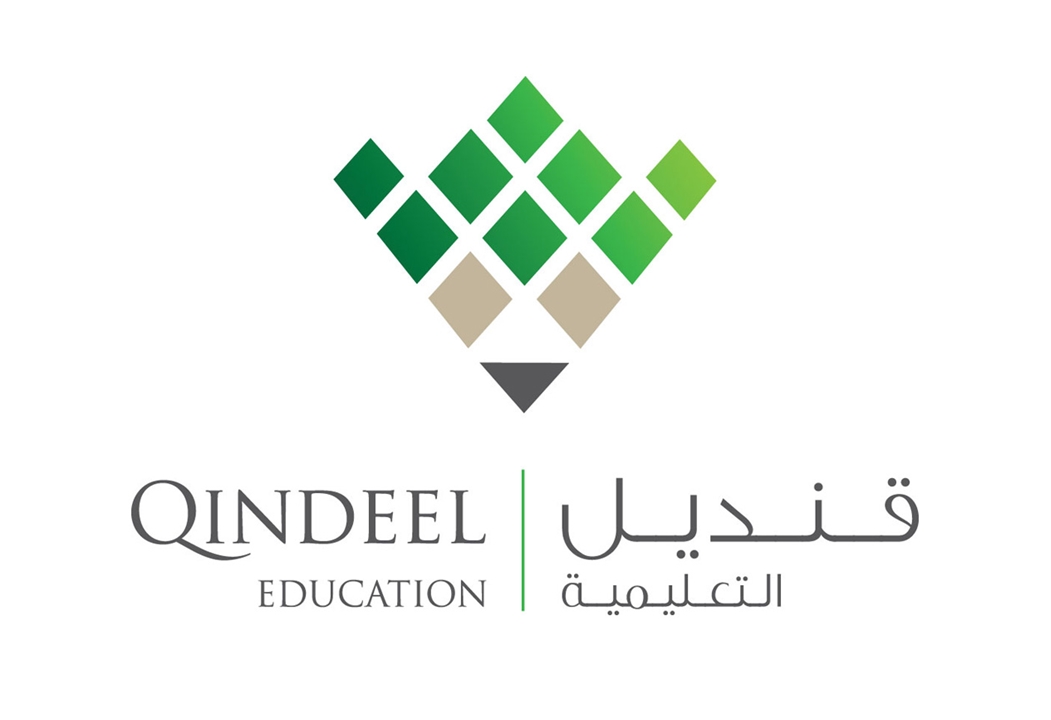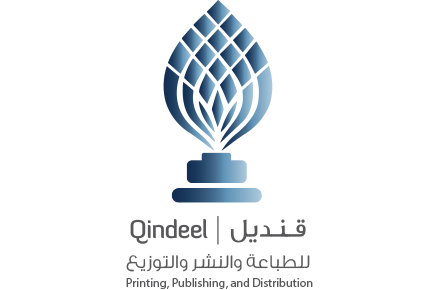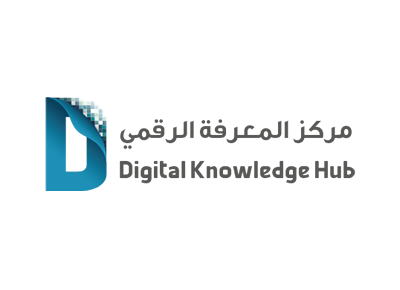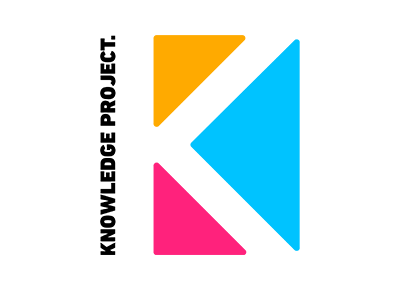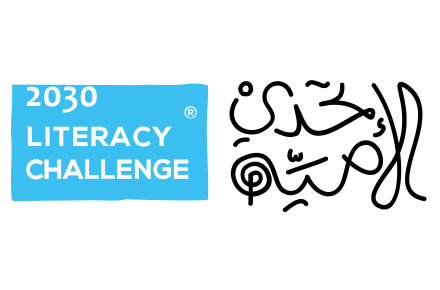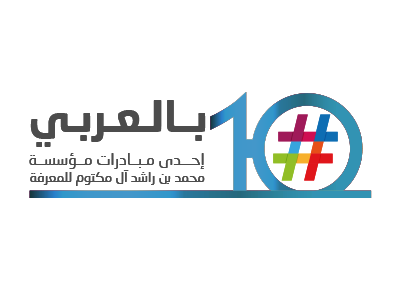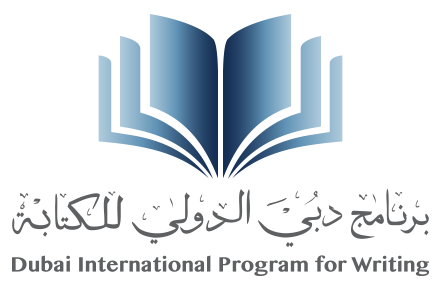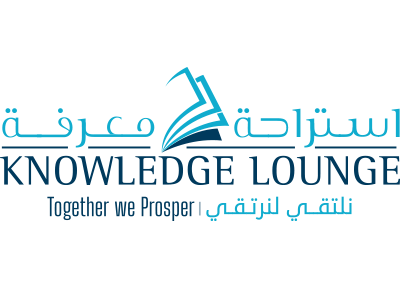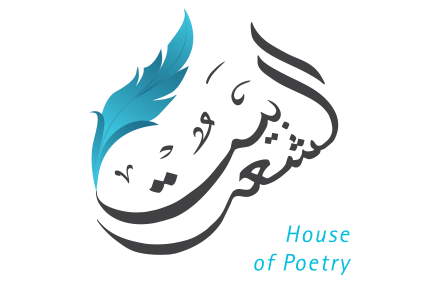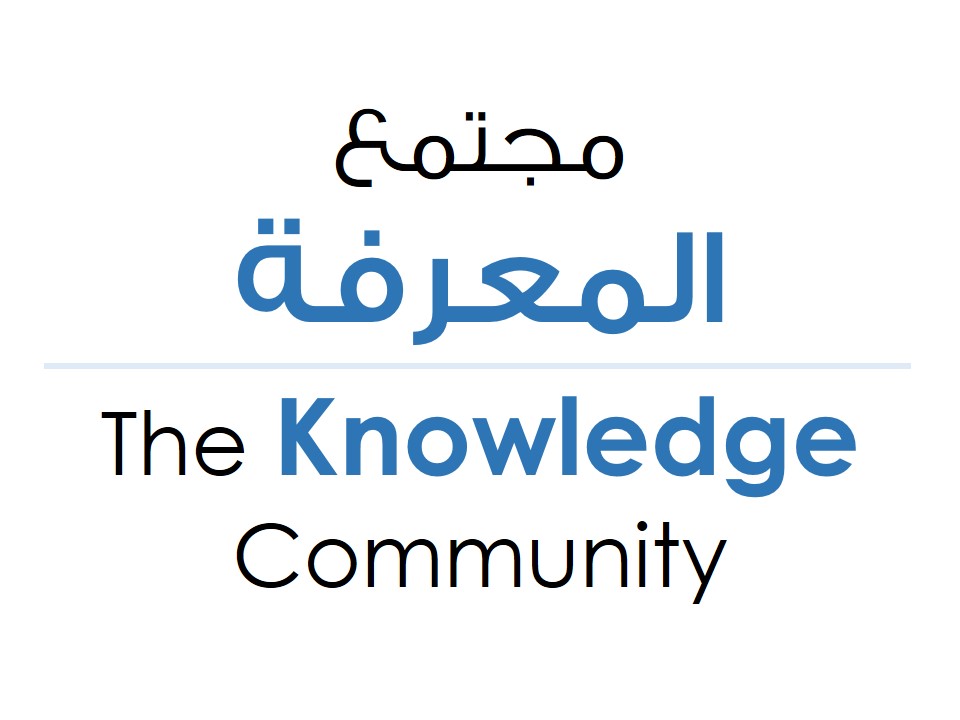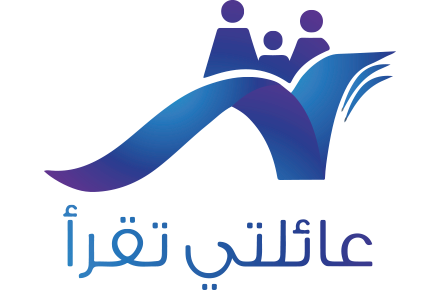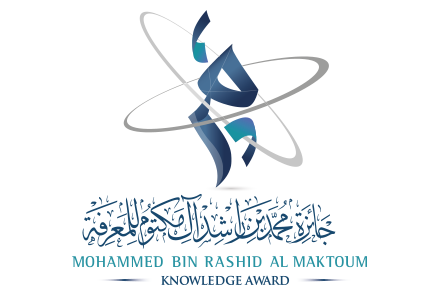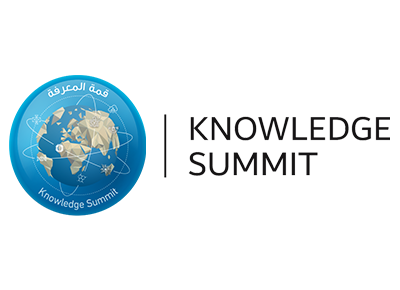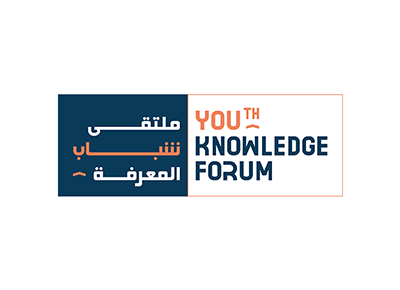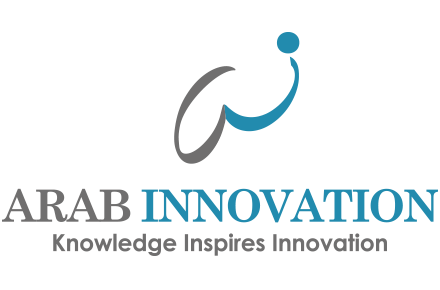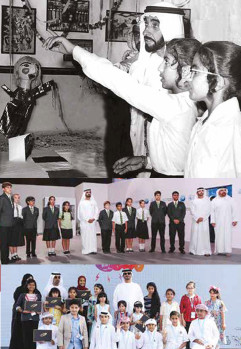UAE is Leading Efforts in Literacy
Illiteracy is almost eliminated in the United Arab Emirates, which is a realization of the great leaps we took in our literacy campaign. The ability to read and write is a fundamental human right and a vital component for the harmony of communities. Educating people raises the level of prosperity and contributes to peacebuilding.
The UAE designed various literacy models to target the different groups of the population. For instance, the elderly, although some of them are too busy to learn while others have exceeded the age of 60, the flexible design allows them to attend literacy sessions. Importantly, the incentives by government entities to their employees literate have contributed to the improve literacy rates.
To popularize education among all segments of the UAE population, the leadership prioritized the campaign, to which a generous budget was allocated. But they also enacted legislations; for instance, the issuance of Law No. 11 of 1972 on Compulsory Education which requires parents or legal custodians of children to send them to school.
Official government statistics now put UAE’s illiteracy rate at less than 1%, a milestone that would not have been achieved without a robust intervention of the UAE leaders. The declaration of 2016 as the Year of Reading which required educational institutions to dedicate more efforts to decreasing the illiteracy rates was another addition to the endeavor to achieve a literate Emirati society.
This was to be achieved by developing writing and reading skills through building, restoring, equipping and preparing schools and training teachers in accordance with the best international practices.
Female Education
The role of the late Sheikh Zayed bin Sultan Al Nahyan in the UAE’s renaissance is unmistakable. He paid great attention to education and making it compulsory and accessible to the entire population for free. He as well supported the cause for women’s right to education and sent students on scholarships to the best universities in the world. His efforts peaked by establishing the UAE’s first university at Al Ain in 1977 which reduced the number of UAE students that headed out to universities in Egypt and Kuwait, among other countries that had already established universities.
Following the establishment of the UAE University, the country became a host to several international-level universities producing highly competitive graduates in various academic fields, to shape the future of the Emirati community.
The UAE authorities continued their tremendous efforts to establish schools and educational institutions of all grades across the c ountry, s etting o ff a nonstop wheel o f human development that has been spinning up to date.
In 2012, the UAE Cabinet presided over by H.H. Sheikh Mohammed Bin Rashid Al Maktoum, Vice President, Prime Minister and the Ruler of Dubai, issued a new federal law on compulsory education replacing the previous one with an amendment on the stages of compulsory education. The same law requires all children aged between six and 18 years to be in school.
The authorities issued executive measures to ensure compliance with the education law which also declares education as a free and legitimate right for any Emirati across the UAE lands. The compulsory education law was amended in 2014 to require parents, under Article 14, to sign an undertaking before the school that they are aware of the compulsory education and that they adhere to include their children in all education stages.
Her Highness Sheikha Fatima bint Mubarak, the Chairwoman of the General Women’s Union, President of the Supreme Council for Motherhood and Childhood, and Supreme Chairwoman of the Family Development Foundation, the “Mother of the UAE”, dedicated remarkable efforts to the education of women, encouraging them to learn through provision of resources that guarantee their effective participation alongside their male counterparts in community development. In 1975, she initiated the Strategy of Literacy and Female Education and later in 1988, she announced the Year of Female Literacy as she built a mature and educated generation in the UAE.
From Education to Innovation
The founder of the Union, the late Sheikh Zayed bin Sultan Al Nahyan realized that education is the foundation for the prosperity of communities, and the backbone of other sectors which play a vital role in a country’s growth and ranking on the global scene.
Guided by its leaders’ vision, the UAE has
succeeded in laying the foundation for an
educated and knowledge-based society, by
implementing different initiatives focused
on building a culturally conscious and
educationally enlightened society.
The UAE literacy and education strategy is a testament of our renaissance, based on the insights of the late Sheikh Zayed who emphasized the investment in human capital as he is popularly quoted to have said: “Men make factories; it’s not factories that make men.” His Highness Sheikh Mohammed Bin Rashid Al Maktoum, Vice President, Prime Minister and the Ruler of Dubai reaffirmed Sheikh Zayed’s philosophy by saying that education is very important in building and advancing communities.
In 50 years’ time, the UAE expects to export the last barrel of oil and it is then that the country will celebrate its investment in education, as per the words of His Highness Sheikh Mohammed Bin Zayed Al Nahyan, Crown Prince o f Abu Dhabi and Deputy Supreme Commander the Armed Forces. “We will celebrate after 50 years when shipping abroad the last oil barrel, given that education will lead the UAE to the rank of advanced countries in the world through a diversified economy.”
The UAE’s interest in education goes back to the onset of the Union when students attended schools in the morning and Qur’an learning centers in the evening. Also, the elderly had special schools and, at a later stage, education houses were established for students who could not continue their learning. Thousands of Emiratis attended literacy centers where they learned how to read and write.
The UAE leadership vision
towards literacy is not limited
to people living in UAE, but
there are many initiatives
aiming to spread education in
poor countries in the world.
Sheikh Zayed would visit schools around the country to assess their needs, and, our wise leadership has followed his path which has resulted in our entry into the age of space research.
The accomplishments of UAE in promoting education exceed the boundaries of UAE, as our leadership’s vision on literacy is not limited to people who live in the UAE, but there are many initiatives aiming to roll out our education initiatives t o t he w orld’s p oor c ountries t o benefit their students and refugees.
Based on the best practices, and in line with the Zayed approach, considering the adverse impact of disasters and crises on literacy levels especially for the people of Yemen, Syria, Palestine, Afghanistan, Pakistan and many other countries, the UAE provides requisites for children’s educational materials and social programs as well as building and equipping schools in addition to contributing to improving the teachers’ capabilities.
Literacy Challenge
The international initiatives of Sheikh Mohammed Bin Rashid Al Maktoum aim to achieve literacy in the developing countries, by building thousands of schools and educational institutions plus teaching millions of people who are deprived of education.
In 2017 during the 4th Knowledge Summit, Sheikh Mohammed Bin Rashid Al Maktoum announced the Literacy Challenge Initiative targeting to benefit three million Arabs by 2030. The Literacy Challenge Initiative is implemented as a collaboration between the Mohammed Bin Rashid Al Maktoum Knowledge Foundation (MBRF), United Nations Educational, Scientific and Cultural Organization (UNESCO) and United Nations Development Program (UNDP). His Highness supported the initiative and prayed for its success in providing the fundamentals of education to a big number of Arab youths and children as a compensatory chance of getting formal education that they lost.
Like the late Sheikh Zayed bin Sultan Al Nahyan said, “Developing the future generations is a national necessity,” efforts to reduce illiteracy in the UAE and other Arab countries are continuous which projects a bright future, especially that education and learning are the benchmark to the advancement of nations.
Guided by its leaders’ vision, the UAE has succeeded in laying the foundation for an educated and knowledgeable society, by implementing different initiatives focused on building a culturally conscious and educationally enlightened society, based on developing the human mind, strengthening the relationship between individuals and books, and promoting the reading culture among the Emiratis.


